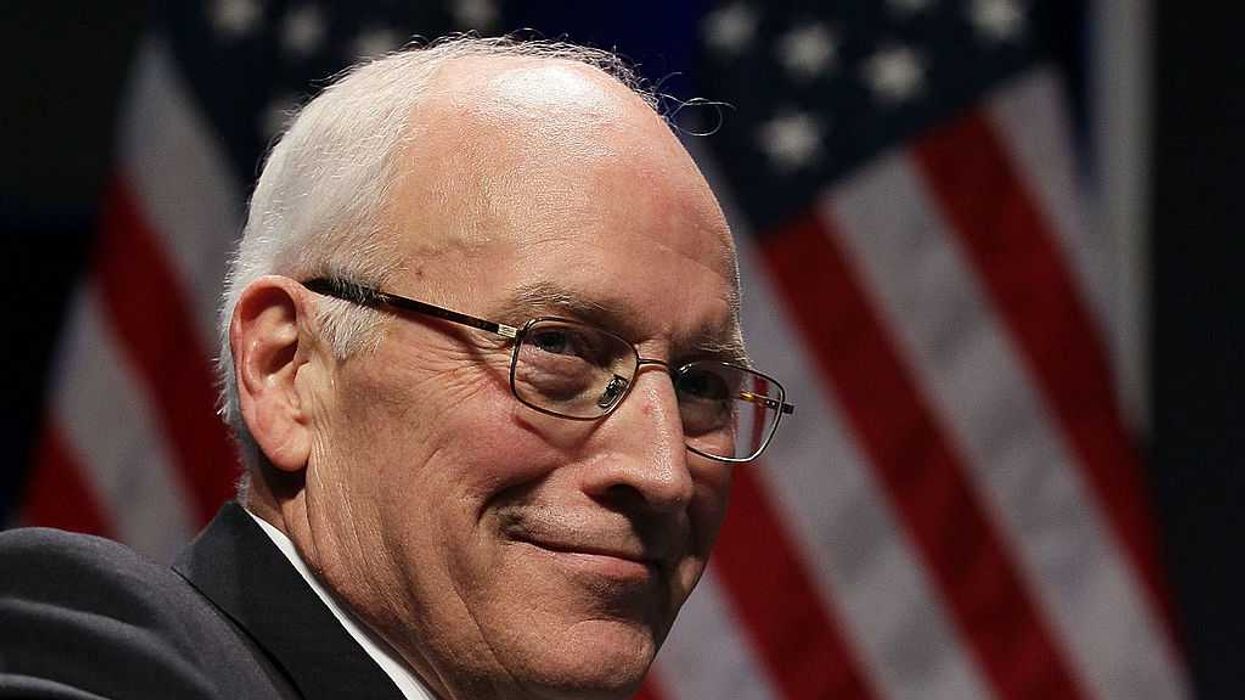Dick Cheney, one of the most influential and polarizing figures in American political history, died on Monday at the age of 84. His family confirmed the cause of death as complications of pneumonia and cardiac and vascular disease, marking the end of a public life that spanned more than four decades and included roles as White House Chief of Staff, Secretary of Defense, and Vice President under George W. Bush.
Cheney passed away surrounded by his wife of 61 years, Lynne Cheney, and their daughters, Liz and Mary. In a statement released Tuesday morning, the family said, “Dick Cheney was a great and good man who taught his children and grandchildren to love our country, and to live lives of courage, honor, love, kindness, and fly fishing. We are grateful beyond measure for all Dick Cheney did for our country. And we are blessed beyond measure to have loved and been loved by this noble giant of a man”.
Born in Lincoln, Nebraska, and raised in Casper, Wyoming, Cheney’s career in public service began in the Nixon and Ford administrations, where he quickly rose through the ranks. He served as Chief of Staff to President Gerald Ford and was elected to Congress from Wyoming, where he served six terms. Under President George H.W. Bush, Cheney became Secretary of Defense, overseeing the Gulf War in 1991. But it was his tenure as Vice President from 2001 to 2009 that cemented his reputation as a powerful and controversial figure.
Often described as a “shadow president,” Cheney wielded unprecedented influence in the Bush administration, particularly in shaping foreign policy after the September 11 attacks. He was a key architect of the U.S. invasion of Iraq in 2003 and a vocal proponent of enhanced interrogation techniques, which critics labeled as torture. His role in expanding executive power and surveillance programs drew both praise and condemnation, making him a lightning rod in American politics.
Former President George W. Bush paid tribute to his longtime partner in governance, saying, “Dick was a calm and steady presence in the White House amid great national challenges. I counted on him for his honest, forthright counsel, and he never failed to give his best. He held to his convictions and prioritized the freedom and security of the American people”.
Despite his conservative credentials, Cheney’s later years saw him diverge from the Republican Party’s dominant wing. He became a vocal critic of Donald Trump, especially after his daughter Liz Cheney emerged as one of Trump’s most prominent Republican opponents. In the 2024 election, Cheney publicly stated he would vote for Democratic candidate Kamala Harris, underscoring his disapproval of Trump’s leadership.
Cheney’s health had long been a concern. He survived five heart attacks, beginning in 1978, and underwent a heart transplant in 2012. His resilience became part of his public persona, often cited as symbolic of his tenacity and grit.
Reactions to Cheney’s death have been mixed, reflecting his complex legacy. While many praised his dedication to public service and national security, others pointed to the long-term consequences of his policies, particularly in the Middle East. Presidential historian Lindsay Chervinsky noted, “Cheney reshaped the vice presidency into a position of immense power. Whether one agrees with his decisions or not, his impact on American governance is undeniable”.
The White House has not yet reacted to news of Cheney's death.
Cheney’s funeral arrangements have not yet been publicly announced. His passing marks the end of an era in American politics—one defined by assertive leadership, ideological conviction, and enduring controversy.
Hugo Balta is the executive editor of the Fulcrum. He is also the publisher of the Latino News Network.



















Trump & Hegseth gave Mark Kelly a huge 2028 gift